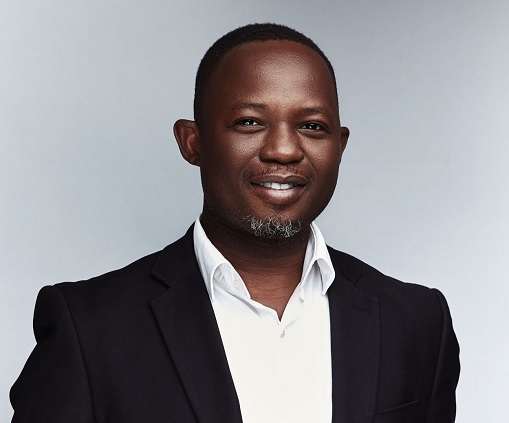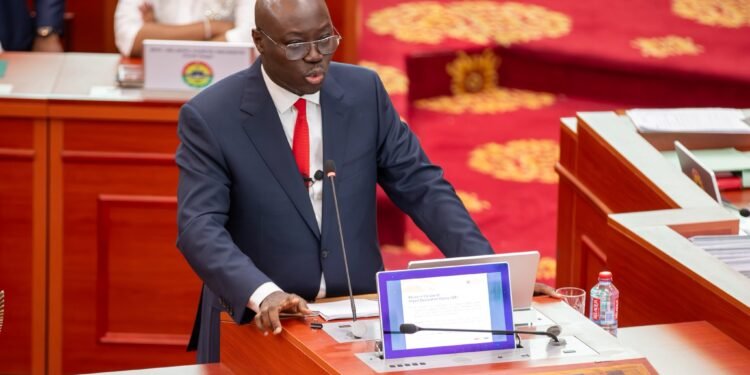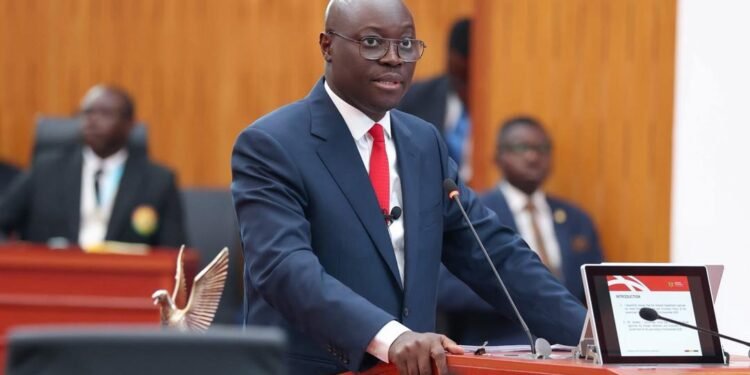Ghana, often celebrated for its rich cultural heritage, is home to a unique musical genre known as highlife, which has played a significant role in shaping the nation’s identity and tourism.
Originating in the early 20th century, highlife blends traditional Ghanaian rhythms with Western musical influences, creating a sound that resonates deeply with both locals and the diaspora.
Despite its historical significance and cultural richness, highlife has not been fully leveraged as a tourist attraction.
The Chief Executive Officer (CEO) of Maestro Africa Group, Francis Doku, has urged Ghana to position highlife music as a strong tourism product to attract more visitors to the country.
Francis, a seasoned culture and tourism practitioner, emphasised the need for Ghana to capitalise on highlife as a unique cultural asset.
“Does anybody travel to Ghana because of highlife? I think that is a question we need to ask. People travel to Jamaica because of reggae, and it’s part of the tour that they go to.”
Francis Doku
Francis proposed that Ghana could develop a structured tourism strategy that incorporates highlife music into travel experiences.
“Can we have a strategy that says that at least if you come to Ghana, you visit at least five homes or studios of the big highlife artistes as part of your package? So people will travel to Ghana because of that. At the moment, it is not.”
Francis Doku
He also pointed out that Nigeria draws music lovers to Fela Kuti’s Shrine in Lagos, highlighting how other countries are successfully leveraging their cultural icons for tourism.
Highlife, which originated in Ghana in the early 20th century, blends African rhythms with Western instruments such as guitars and horns. It became the foundation for many contemporary African music styles and remains one of Ghana’s most significant cultural exports.

UNESCO is currently considering highlife for listing as an Intangible Cultural Heritage, a move that could elevate its global profile and attract even more cultural tourism to the country.
Francis Doku made these remarks during a discussion on how to preserve the legacy of Daddy Lumba, one of Ghana’s most celebrated highlife musicians.
Highlife music is more than just a genre; it is a cultural narrative that encapsulates the experiences, aspirations, and struggles of the Ghanaian people.
With its roots in Ghana’s coastal regions, highlife emerged as a form of expression for the youth, reflecting their social realities and desires. The music often features themes of love, social issues, and everyday life, making it relatable and timeless.
Furthermore, highlife has evolved over the decades, incorporating various styles and instruments, which showcase Ghana’s adaptability and creativity. By highlighting these cultural aspects, Ghana attracts tourists interested in authentic cultural experiences.
Economic Opportunities Through Cultural Highlife Tourism

Tourism is a vital sector for Ghana’s economy, contributing significantly to employment and GDP. However, the country has largely focused on its natural attractions, such as national parks and historical sites.
By promoting highlife as a tourist attraction, Ghana diversifies its tourism offerings and attracts more visitors. Highlife festivals, music tours, and cultural workshops attract both local and international tourists, generating jobs in music production, event management, hospitality, and other related fields.
For instance, the annual “Highlife Festival” could be expanded to include international artists, competitions, and cultural exchanges, thereby attracting a broader audience and generating substantial revenue.
Highlife is a source of national pride for many Ghanaians, symbolizing resilience and creativity. By promoting it as a major tourist attraction, Ghana instills a sense of pride in its citizens and encourages the younger generation to engage with their cultural heritage.

While the potential for highlife tourism is immense, there are challenges to overcome. One significant obstacle is the lack of infrastructure and support for artists and events.
The government and private sector must invest in music venues, sound systems, and marketing strategies to promote highlife effectively. Additionally, training programs for artists and event organizers enhance the quality of performances and experiences offered to tourists.
Ghana has a unique opportunity to elevate highlife music as a major tourist attraction, enriching its cultural tourism landscape. By embracing highlife, Ghana not only stimulates economic growth but also fosters national pride and global recognition.
As the world increasingly seeks authentic cultural experiences, highlife stands as a testament to Ghana’s vibrant heritage and creativity.
It is time for Ghana to harness the power of highlife, transforming it from a beloved genre into a cornerstone of its tourism strategy, ensuring that this cultural treasure resonates for generations to come.
READ ALSO: Camera Chases Bodies in Sacks and Sorrows of Bereaved: Ghana’s Day of Tragedy Turns Day of Shame






















